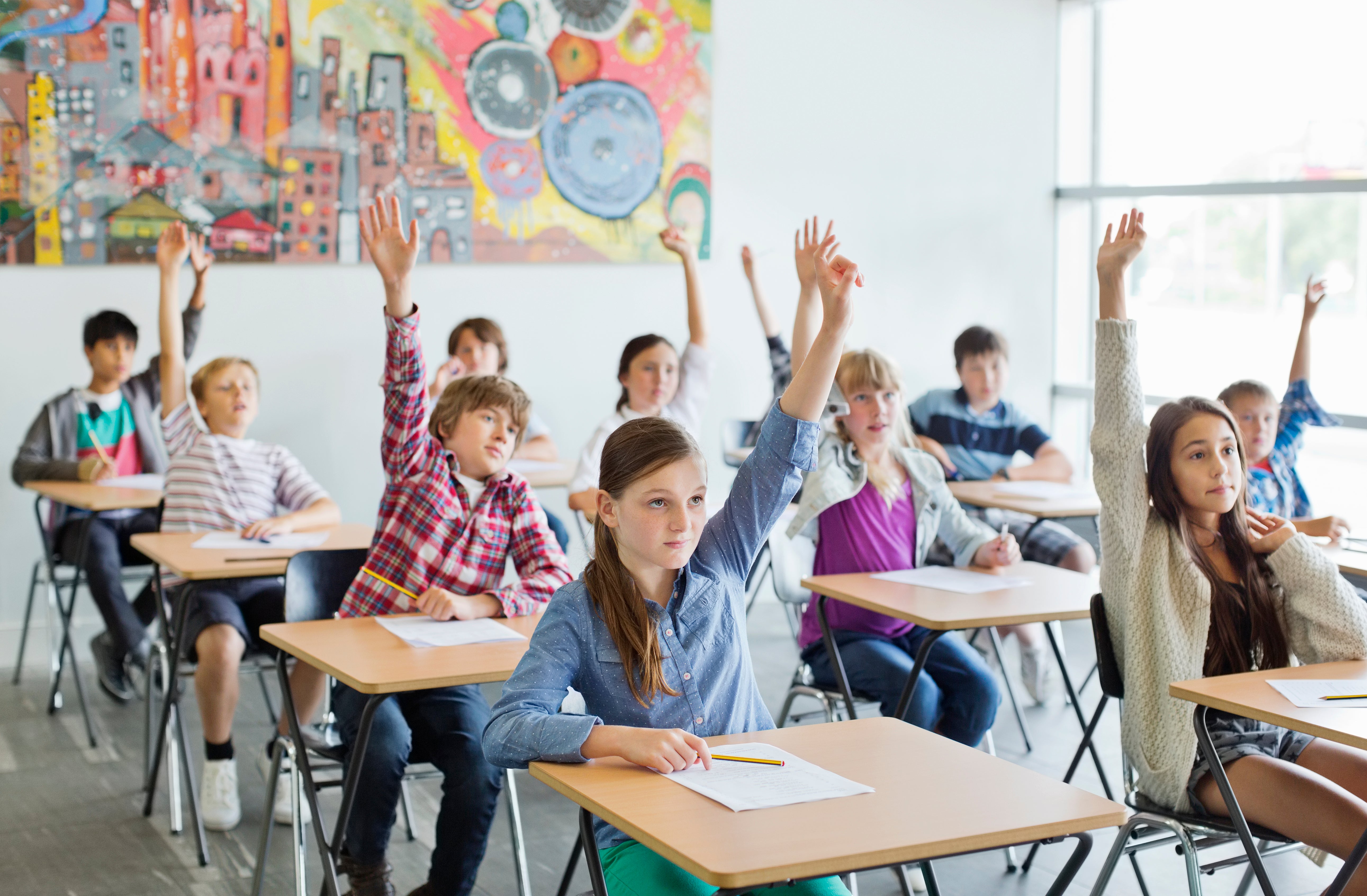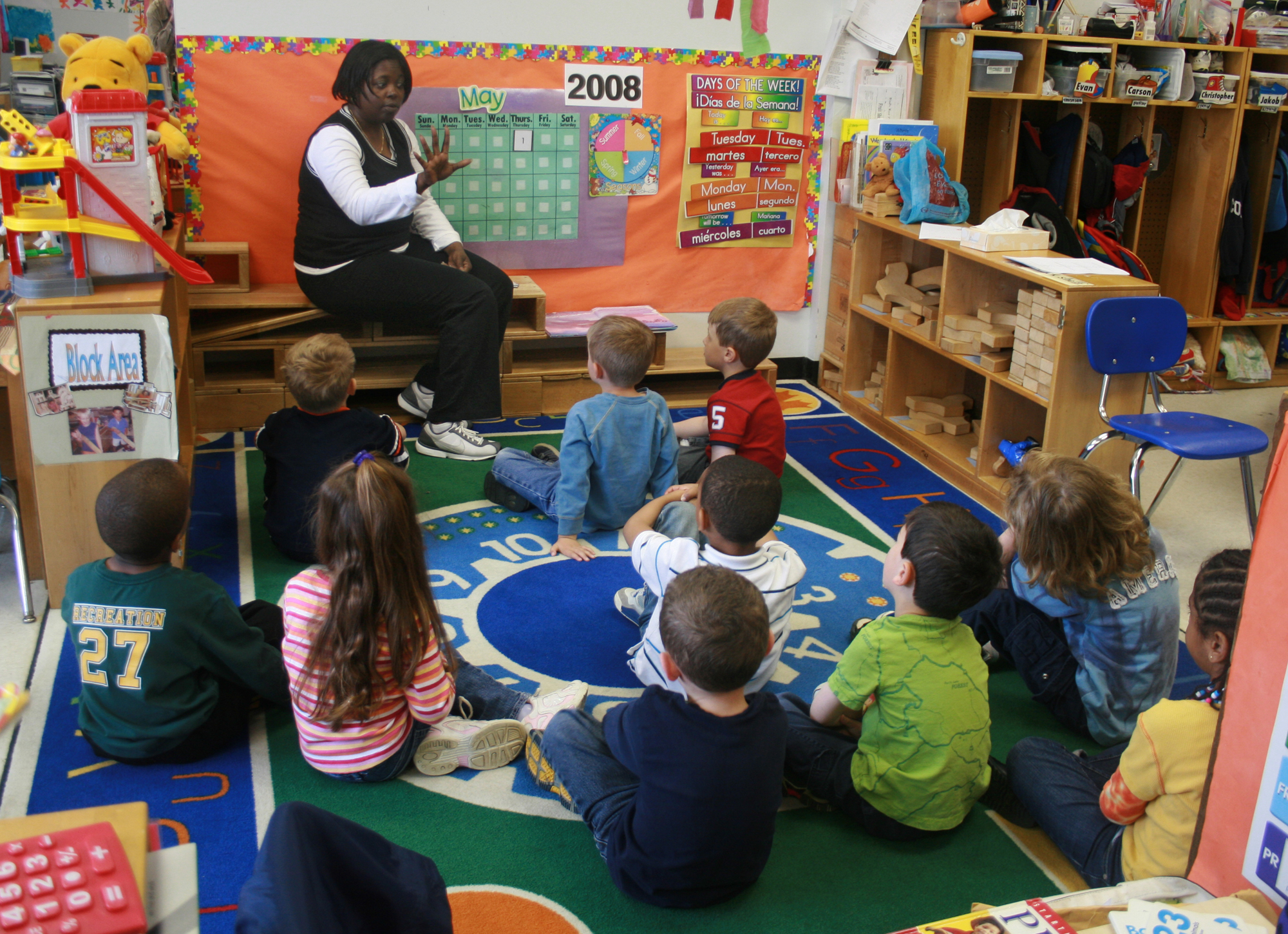Exactly How You Can Help Save Temecula Schools for Future Generations
Exactly How You Can Help Save Temecula Schools for Future Generations
Blog Article
Comprehending the Relevance of Institutions in Youngster Development and Area Growth
Institutions' interaction with local areas with service-learning efforts reinforces the bond between families and educational organizations. This cooperative partnership highlights the value of colleges in supporting energetic citizenship and lifelong learning routines.
Academic Achievement
Academic achievement acts as a cornerstone of child growth, giving the structure upon which future understanding and success are developed. Colleges play a critical role in cultivating this academic development, offering organized atmospheres where youngsters can get crucial expertise and cognitive skills. Standardized curricula ensure that pupils gain efficiency in core topics such as mathematics, scientific research, and language arts, which are vital for both college and specialist opportunities.
In enhancement to passing on basic academic abilities, colleges also grow essential thinking, problem-solving capabilities, and intellectual interest. These cognitive competencies are crucial for navigating intricate real-world scenarios and adapting to the ever-evolving demands of the contemporary work environment. Educators, as facilitators of learning, utilize diverse pedagogical methods to deal with diverse knowing styles, consequently making the most of individual trainee potential.
Furthermore, scholastic success is very closely connected to self-esteem and inspiration. Youngsters who experience academic success are extra likely to develop a positive self-concept and a lifelong passion for knowing. Colleges likewise offer various resources, such as libraries and technology, which even more improve the instructional experience and prepare pupils for a technologically sophisticated culture.
Social Ability Development
Beyond scholastic success, the duty of colleges in social ability development is crucial. Schools act as a key location for children to learn and exercise crucial social skills such as dispute, cooperation, and communication resolution. In the structured environment of a class, pupils interact with peers, teachers, and various other school staff, offering numerous chances to create these essential capacities.
Reliable social skill development in colleges is assisted in through group tasks, collective projects, and extracurricular programs. These interactions help pupils comprehend social standards, build compassion, and promote a sense of area. For example, group jobs educate trainees how to interact in the direction of an usual objective, pay attention to various perspectives, and browse disagreements constructively.

The farming of social abilities during institution years lays a structure for future personal and expert relationships. Save Temecula Schools. As students develop, the capability to properly work together and connect comes to be significantly important, highlighting the college's essential function in alternative kid growth
Direct Exposure to Variety
Exposure to variety in colleges is basic to cultivating a comprehensive state of mind and expanding trainees' point of views. Schools act as a microcosm of the wider culture, and running into varied societies, languages, and socioeconomic histories within this setting outfits pupils with essential skills for browsing an increasingly globalized world. This exposure encourages empathy, reduces bias, and advertises common regard amongst peers.
Study indicates that students who connect with peers from different backgrounds display far better analytic skills and creativity. This understanding of variety prepares pupils for future offices that value modern proficiency - Save Temecula Schools.

Community Interaction
The advantages of varied class extend past the school wall surfaces, promoting a strong feeling of neighborhood interaction among pupils. By interacting with peers from various social, socioeconomic, and ethnic histories, students acquire a more comprehensive perspective and a gratitude for diversity. This exposure urges them to come to be energetic citizens who want to add favorably to their areas.
Colleges that highlight neighborhood interaction commonly integrate service-learning projects, which allow students to resolve real-world troubles while using scholastic skills. These tasks not just improve students' understanding of their coursework yet additionally impart a feeling of responsibility and compassion. Additionally, partnerships between schools and regional organizations provide trainees with opportunities to take part in community occasions, better solidifying their duty as aggressive area members.
Additionally, parental and community involvement in schools strengthens the bond between schools and the communities they offer. They create a collective environment that benefits all stakeholders when institutions open their doors to community events, workshops, and volunteer possibilities. This mutual support group makes sure that students get all natural development, preparing them to end up being well-rounded people who add and value to their communities. Through these efforts, institutions play an essential role in nurturing neighborhood involvement and promoting social development.
Lifelong Understanding Routines
Creating long-lasting learning habits is crucial for a kid's constant growth and versatility in an ever-changing globe. Institutions play a pivotal role in instilling these practices by producing an atmosphere a knockout post that cultivates interest, vital reasoning, and a love for understanding. Via extracurricular tasks and diverse curricula, educators urge pupils to explore numerous topics, assess details critically, and use their discovering to real-world situations.

Additionally, schools supply an organized environment where kids can establish self-discipline and time monitoring skills, both of which are important for continual understanding. By highlighting the significance of establishing objectives, mirroring on progress, and adjusting methods, schools prepare students to navigate the complexities of grown-up life, ensuring they stay long-lasting students and factors to society.
Verdict
Finally, schools are important in promoting kid development and neighborhood development by supplying settings helpful to scholastic achievement, social ability advancement, and exposure to diversity. Through collaborative jobs and communications, institutions improve important thinking, compassion, and interaction abilities. Neighborhood interaction initiatives even more enhance the bond between universities and neighborhood neighborhoods. Inevitably, institutions cultivate lifelong learning behaviors, equipping individuals with the necessary expertise and abilities to contribute favorably to culture.
In the structured setting of a classroom, trainees interact with peers, instructors, and other college staff, using numerous chances to create these crucial capabilities.
In essence, exposure to variety within schools not only enhances specific trainees but likewise reinforces the social textile of the community as a whole.
The benefits of varied classrooms prolong past the college walls, fostering a strong feeling of area involvement among students.Institutions that emphasize area involvement frequently integrate service-learning jobs, which my site enable trainees to address real-world problems while applying academic skills. Partnerships in between schools and local organizations offer trainees with chances to take part in community events, further solidifying their role as proactive community members.
Report this page